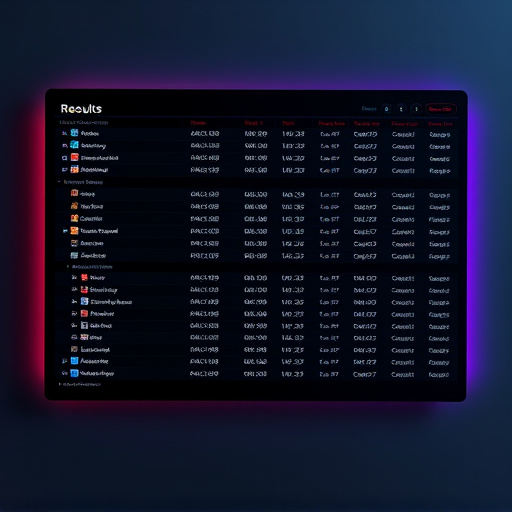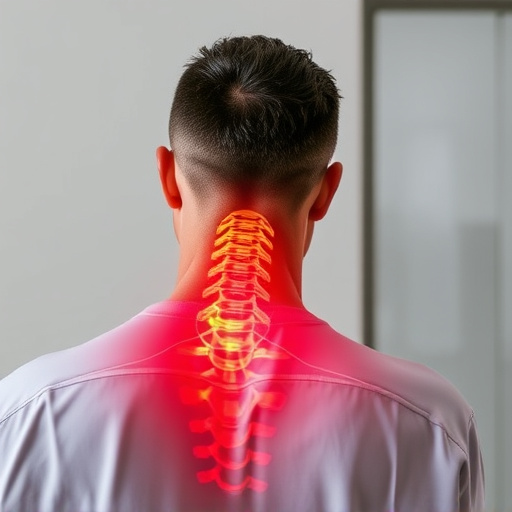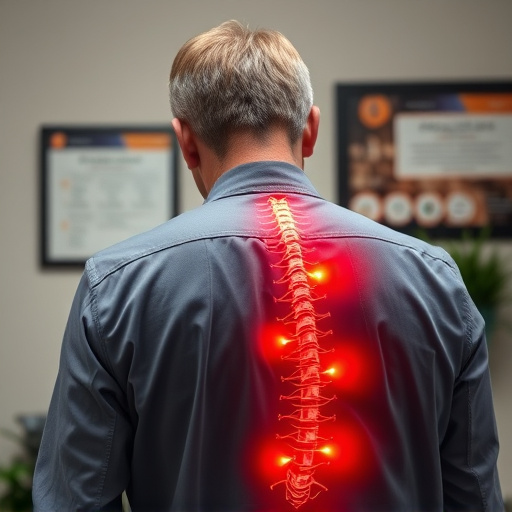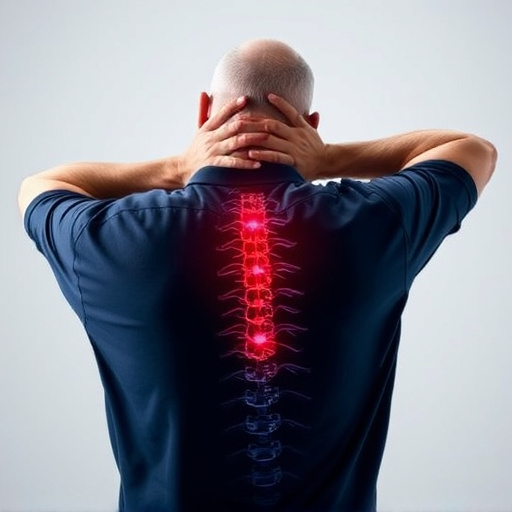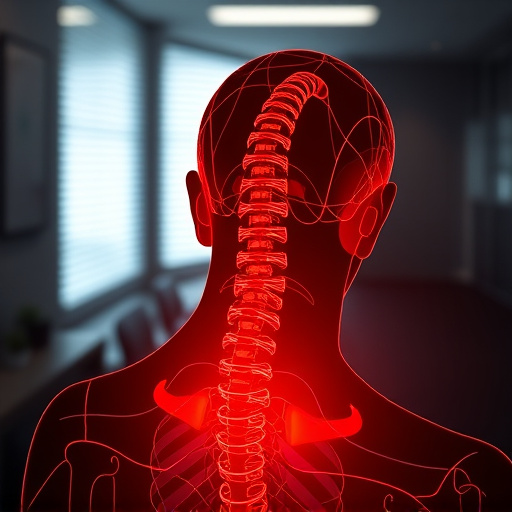Personal Injury Protection (PIP) insurance is a vital component of auto coverage, providing immediate financial support and medical coverage for collision victims, regardless of fault. The key 14-day rule requires policyholders to notify their insurers within 14 days of the incident to access benefits and preserve crucial medical records. Complying with this timeline ensures swift healthcare access, faster claims processing, and potential legal advantages. Victims should prioritize immediate medical attention, document evidence like photos, witness statements, and medical records, and promptly file claims within the 14-day rule to maximize PIP coverage and fair compensation.
In the aftermath of a collision, receiving focused care and understanding your rights regarding PIP (Personal Injury Protection) insurance is crucial. This comprehensive guide navigates the essential aspects of post-collision care and claims. From recognizing the 14-day rule for filing PIP claims to maximizing coverage through effective claim management, each step ensures you prioritize health and financial security. Learn how immediate medical attention, proper documentation, and a strategic approach can make all the difference in your recovery journey.
- Understanding PIP Insurance: A Key Component for Collision Victims
- The 14-Day Rule: Time is of Essence in Claiming Benefits
- Immediate Medical Attention: Prioritizing Your Health Post-Collision
- Documenting the Incident: Gathering Evidence for Your PIP Claim
- Navigating the Claims Process: What to Expect and How to Prepare
- Maximizing Your PIP Coverage: Tips for Effective Claim Management
Understanding PIP Insurance: A Key Component for Collision Victims
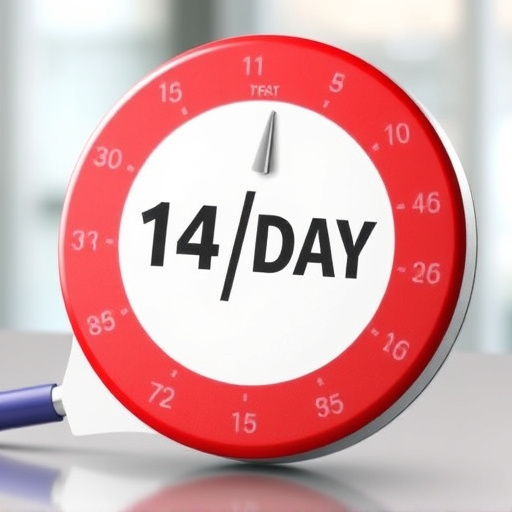
PIP, or Personal Injury Protection, insurance is a crucial component for individuals involved in vehicle collisions. Often included as part of an auto insurance policy, PIP is designed to cover immediate medical expenses and other associated costs for the insured individual, regardless of fault. This becomes especially important for collision victims, ensuring they have access to necessary care without facing significant financial burdens initially.
One key aspect of PIP insurance is the 14-day rule, which allows policyholders to initiate claims within a short timeframe after an accident. This prompt action facilitates quicker access to healthcare services and ensures that medical records remain fresh, aiding in future legal proceedings if required. Understanding these aspects can empower collision victims to navigate their recovery process with better preparation and peace of mind.
The 14-Day Rule: Time is of Essence in Claiming Benefits
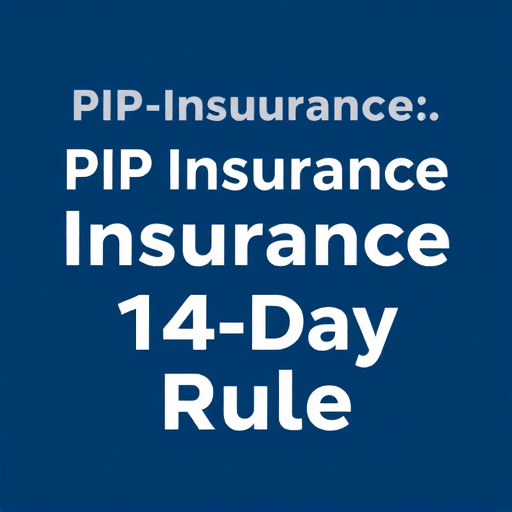
In many jurisdictions, the process of claiming benefits for injuries sustained in collisions is governed by strict timelines, emphasizing the importance of swift action. One such crucial regulation is the 14-Day Rule associated with PIP (Personal Injury Protection) insurance. This rule dictates that individuals injured in accidents must notify their insurance providers within a specific 14-day window to be eligible for benefits and coverage.
The 14-day period is considered a golden rule in personal injury cases, as it sets the tone for the entire claims process. Failure to comply with this timeline can result in delays or even denial of benefits. Therefore, those involved in collisions should promptly contact their insurance companies, providing all necessary details and medical information within the specified timeframe to ensure they receive the support and compensation they are entitled to under their PIP coverage.
Immediate Medical Attention: Prioritizing Your Health Post-Collision
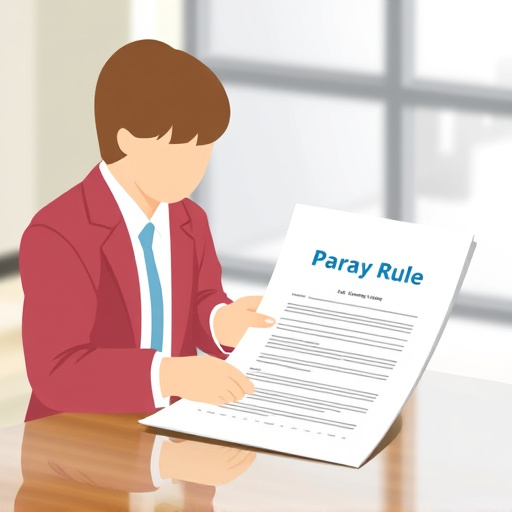
After a collision, immediate medical attention is crucial for assessing and treating injuries. Even if you feel unharmed, some internal injuries may not manifest immediately. Seeking healthcare as soon as possible ensures any potential issues are caught early. It’s also essential to remember that many regions have specific guidelines post-collision, like the 14-day rule related to PIP (Personal Injury Protection) insurance, which requires injured parties to seek medical attention within a set timeframe.
Prioritizing your health post-collision isn’t just about physical treatments; it includes mental and emotional well-being too. The shock and stress of an accident can lead to delayed reactions or even long-term psychological effects. Therefore, prompt medical evaluation ensures not only the treatment of visible injuries but also helps in managing and preventing potential long-term health issues arising from the collision.
Documenting the Incident: Gathering Evidence for Your PIP Claim
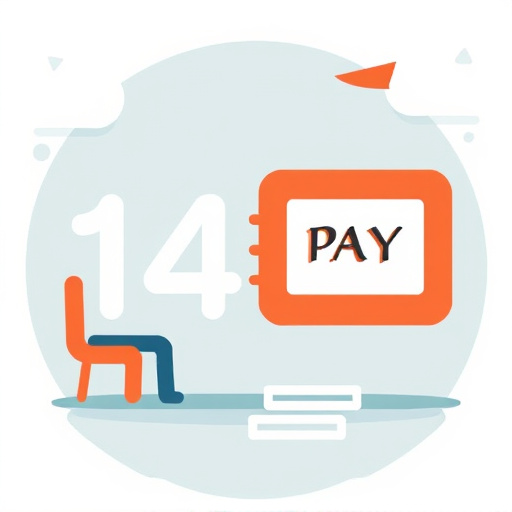
After a collision, documenting the incident is crucial for any personal injury protection (PIP) claim. The first step is to ensure everyone’s safety before moving or exchanging information with the other party. Gather evidence that can strengthen your case, such as taking photos of the scene, vehicle damages, and injuries sustained. Obtain contact details from witnesses and record their accounts if possible. This includes recording the date, time, location, and conditions surrounding the incident.
In many jurisdictions, there’s a 14-day rule for filing a PIP claim, so it’s essential to act swiftly. Gather all relevant documents like police reports, medical bills, and any correspondence with insurance companies. These pieces of evidence will help demonstrate the extent of your injuries and the need for treatment, ensuring a smoother process when making your PIP claim.
Navigating the Claims Process: What to Expect and How to Prepare
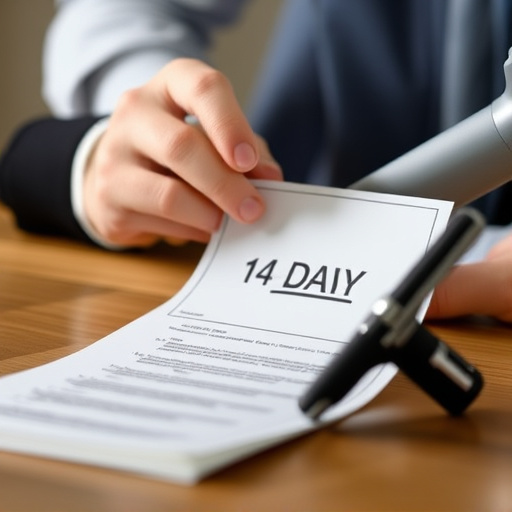
Navigating the claims process after a collision can be overwhelming, but understanding the steps involved and preparing in advance can help streamline the experience. The first step is to ensure everyone’s safety and seek medical attention if necessary. Once at the scene, document any injuries by taking photos of the damage to vehicles and recording details like witness statements and police reports.
When it comes to filing a claim, PIP (Personal Injury Protection) insurance plays a crucial role, especially within the 14-day rule. This means promptly notifying your insurance provider about the incident. Be prepared with all relevant information, including medical records, repair estimates, and any other documentation related to your injuries and vehicle damage. Keep organized files and communicate clearly with your insurer throughout the process.
Maximizing Your PIP Coverage: Tips for Effective Claim Management
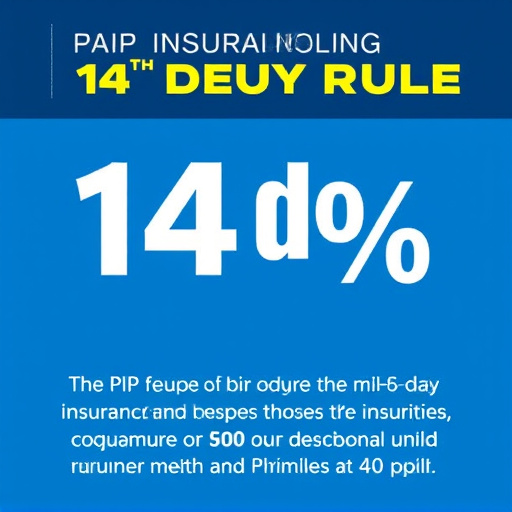
Maximizing your Personal Injury Protection (PIP) coverage is crucial after a collision. One key tip is to act swiftly, as there’s often a 14-day rule for filing claims with your insurance company. This means prompt notification ensures you don’t miss out on potential benefits.
Effective claim management involves gathering comprehensive documentation of your injuries and treatment. Keep records of medical bills, prescriptions, and any correspondence with healthcare providers. These documents will be vital in supporting your claim and ensuring you receive fair compensation for your injuries.






